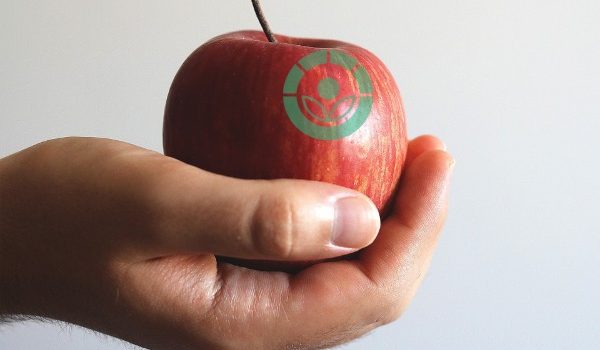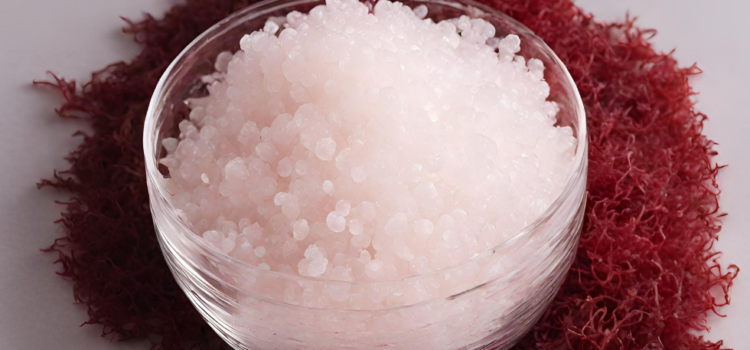By using ionizing radiation, food irradiation is an effective way to destroy harmful microorganisms and extend the shelf life.
Food Irradiation: Everything You Need to Know


By using ionizing radiation, food irradiation is an effective way to destroy harmful microorganisms and extend the shelf life.

Eggs are considered special because of the several health benefits they provide. They are a rich source of protein, vitamins, and minerals. They are also one of the few complete protein foods, those than contain a complete count of the

Potassium bromate (E924) peaked in popularity in the 20th century for it improves the overall quality of baked products. It was until the 90’s when countries started banning the use of it in food products. Why is it banned? And

Carrageenan, a naturally derived food ingredient, finds extensive application in the food industry due to its exceptional functional attributes, including its ability to thicken, gel, and stabilize a wide range of food products.

Wagyu beef steak can go up to $200. While the rarest to find A5 Olive Wagyu steak can cost you somewhere between $120 up to $3000. Here are the 3 reasons why Japanese Wagyu beef comes with the high price tag.

The reuse of cooking oil is totally fine. And to some extent, it is actually even better.

Lactose intolerance is experienced by billions of people. How does it actually happen? What are the symptoms? The treatment?

Searching for the necessary information for sodium benzoate (E211) as a food preservative? This post on sodium benzoate is for the curious consumer, student, or food industry professional.

Most consumers buy organic foods for health reasons. But the truth is that organic foods are not necessarily better.

Uncured hot dogs are marketed as natural and healthier versions of their cured counterparts. Are they truly healthier or safer?